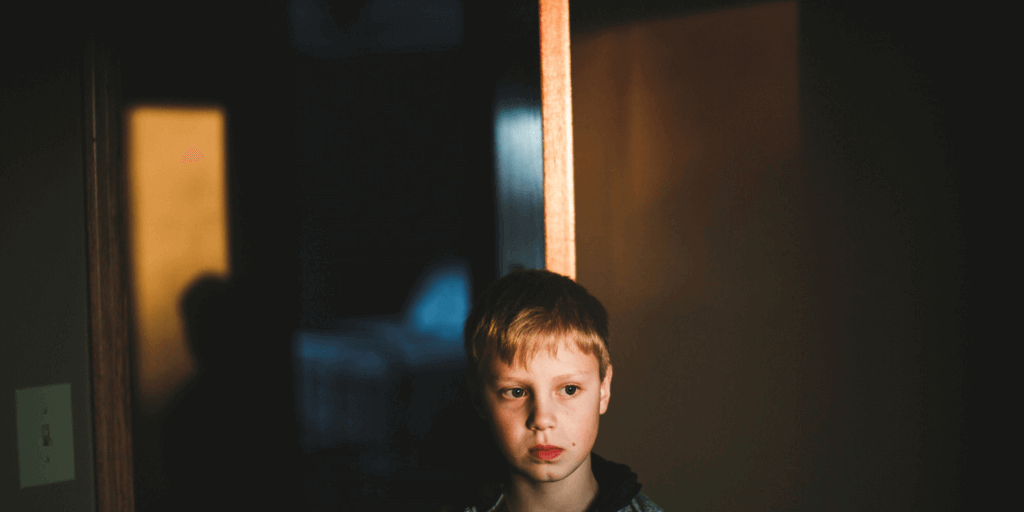
Why prevention matters
‘Why prevention matters’ blog article was written by Jessica Carter, Knowledge Mobilisation Lead, Education and Safeguarding Services at Australian Childhood Foundation.
Child sexual abuse is one of the most significant yet invisible public health issues we face – affecting children, young people, families and communities at all stages of life. The World Health Organisation has identified child sexual abuse as affecting between 8% and 20% of children and young people globally.
New research supported by Australian Childhood Foundation and the National Centre for Action on Child Sexual Abuse, “It Is Time to Focus on Prevention: a Scoping Review of Practices Associated with Prevention of Child Sexual Abuse and Australian Policy Implications”, outlines evidence-based practices associated with the prevention of child sexual abuse before it happens.
Prevention approaches
The research defined child sexual abuse prevention as “approaches that stop the onset of sexually abusive behaviour towards children and young people or make it more difficult for sexual abuse of children and young people to occur in the first place”. The review identified 47 studies that met this definition. Another 36 articles were excluded because they focused solely on child sexual abuse education – approaches that improve knowledge and skills for early identification and intervention in the sexual abuse of young people – as these programs, while valuable, are not as effective as care or supervision practices, and may place a burden on children and young people to prevent and report abuse rather than equipping adults to stop it in the first place.
The review identified three types of prevention approaches from the literature:
- Engaging and stopping those at risk of using sexually harmful behaviour – the review found that more evidence is needed involving potential offenders who have not yet committed an offense to understand their experience and treatment outcomes.
- Situational prevention – the review examined situational factors which could be controlled, altered or eliminated entirely in child- and youth-serving organisations, schools, faith-based organisations, out-of-home-care settings, and First Nations communities.
- Promoting healthy families and communities – the review found that more evidence is needed to understand the potential impact of targeted programs to build the skills and capabilities of families where risk factors are evident.
Making prevention matter
The research drew on existing evidence of the common elements of prevention approaches and the policy conditions enabling and constraining prevention to argue that in Australia, we need more effective policy and programs to prevent the emergence of child sexual abuse in the first place through universally accessible programs, do more to target those at risk of perpetration of abuse and reduce household overcrowding.
There is also a need to build evidence on this important issue about what works in prevention approaches. In particular, the research identified three areas in need of further study – a lack of knowledge about culturally informed approaches, a lack of interventions targeting potential offenders in Australia, and limited evidence about intrafamilial and sibling sexual abuse.
Finally, the findings of the review suggest that a public health approach to preventing child sexual abuse would be better informed by applying available evidence, including the views of children and young people, and building child, family, and community health and well-being to prevent the risk of abuse from emerging.
Download the paper here: It Is Time to Focus on Prevention: a Scoping Review of Practices Associated with Prevention of Child Sexual Abuse and Australian Policy Implications
Subscribe to the Professionals Newsletter
Join our community of more than 40,000 professionals from around the world who receive our weekly newsletter containing articles. Our newsletters help connect you to our blog, research, and free resources as they are produced. We also keep you informed on training opportunities including access to experts in the field, webinars, international speaker tours, conferences and more.
